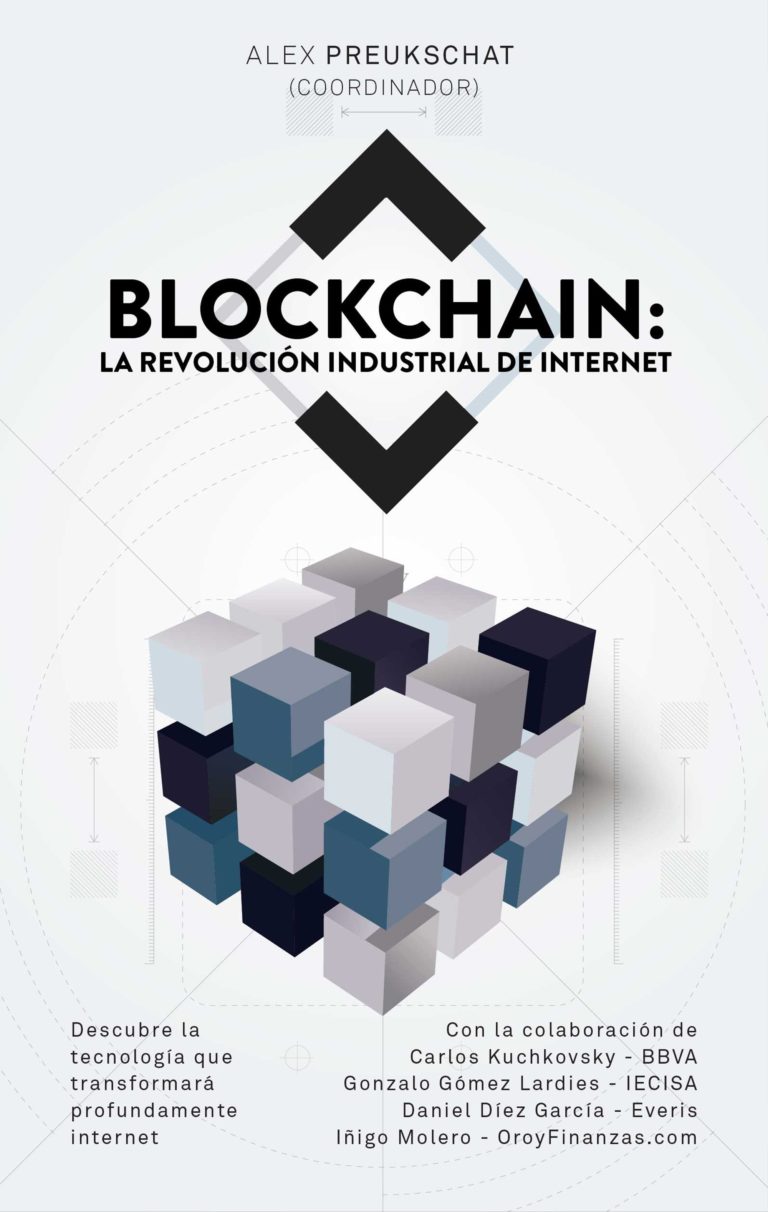How can blockchain help smart cities?
Incorporating blockchain into the development of smart cities will make it possible to have a cross-cutting platform that connects the cities’ different services, adding greater transparency and security to all processes. In this new #BlockchainRevolution article, Stefan Junestrand explains how this technology can improve government management, support urban planning, underpin the collaborative economy and contribute to sustainability policies, in the framework of smart cities.

More than 50% of the global population currently lives in cities - a percentage that is expected to reach 67% in thirty years. Even though cities account for the bulk of countries’ economies and wellbeing, they are also the focus of administrative, organizational, logistical, social and environmental problems.
The best solution to these problems is the development of smart cities, a concept that refers to using Information and Communication Technologies (ICT) in city administration and services to improve aspects such as efficiency, security, the environment, citizen participation, the economy and others.
The idea of smart cities is based on the digitization of the systems that surround us, which has created the information society in which we live. The Internet and the Internet of Things (IoT) have transformed us into a hyper-connected society, both among people and machines. And other technologies such as artificial intelligence and robotics are starting to become a real part of our lives.
Furthermore, new social trends demand greater administrative efficiency, as well as more direct models for citizen participation, greater transparency, and greater access to public information. Together with the development of big data and open data, these new social technologies are transforming governments, the way public services are provided and and how access to information is offered in cities.
Public services
In cities, governments are responsible for governance, the economy, social issues, mobility, security, culture and the environment. These activities consist of a myriad of different processes that require a high frequency of registration and documentation, and their transparency and security are essential.
Blockchain offers a technology to establish this process, as one of its main characteristics is a neutral, non-hierarchical, accessible and secure information database in environments where there is currently no confidence among the actors. This makes it ideal for avoiding corruption and creating transparency in dealings with the government.
Many government records (laws, expenses, income, contracts, permits, properties, etc.) also correspond to other areas of service. With a blockchain record, they are naturally interconnected, reinforcing the value of cross-cutting coordination of the services.
In addition to the purely administrative areas, blockchain can also be very relevant to urban planning and the management of public space, sustainable transportation, public safety, the environment, the circular economy, smart buildings, etc.
As a platform
Although each service can be modernized, the major revolution that smart cities provide over the innovation of each individual service is the horizontal integration of all of them into a single, cross-cutting system. But in order for this integration to take place, a secure, transparent system with a common language and rules is needed, and blockchain could be a very appropriate alternative for information exchange in smart cities.
This type of platform for the integration of services already exists in smart cities, both in the public and private arenas. In the public sector, the most interesting and well-known example from a blockchain perspective is FIWARE, a standardized platform promoted by the European Union. The mission statement of this open and independent community is “to build an open, sustainable ecosystem around public, royalty-free and implementation-driven software platform standards that will ease the development of new Smart Applications in multiple sectors”.
Initiatives
There are many different smart city initiatives around the world. For example, China has more than 200 smart city projects; the Smart Cities Mission includes more than 100 cities in India; Smart Cities Initiative is underway in the U.S.; and the Smart Nation project is taking place in Singapore.
With initiatives like the National Plan for Smart Cities, Spain is also a global leader in developing smart cities - both in terms of public policy as well as in public-private initiatives. Spain is also doing a tremendous job publicizing smart cities with the informative website ESMARTCITY and the Smart Cities Congress, which is held every year in the country.
This move toward truly smart cities is also a great opportunity to reconsider many different aspects of how cities are organized and managed, in order to do so in a way that is optimized and better serves citizens. Blockchain plays a key role in this process, not only due to the wide range of technological innovations it entails, but also due to its distributed, robust and transparent economic model.
Stefan Junestrand

Stefan Junestrand holds a PhD in Architecture, is co-founder and CEO of Grupo Tecma Red, and co-author of the book Blockchain: The Industrial Revolution of the Internet, published by Ediciones Gestión 2000 (Grupo Planeta) and available for purchase on Amazon.es. For the latest updates see @LibroBlockchain and LibroBlockchain.com.